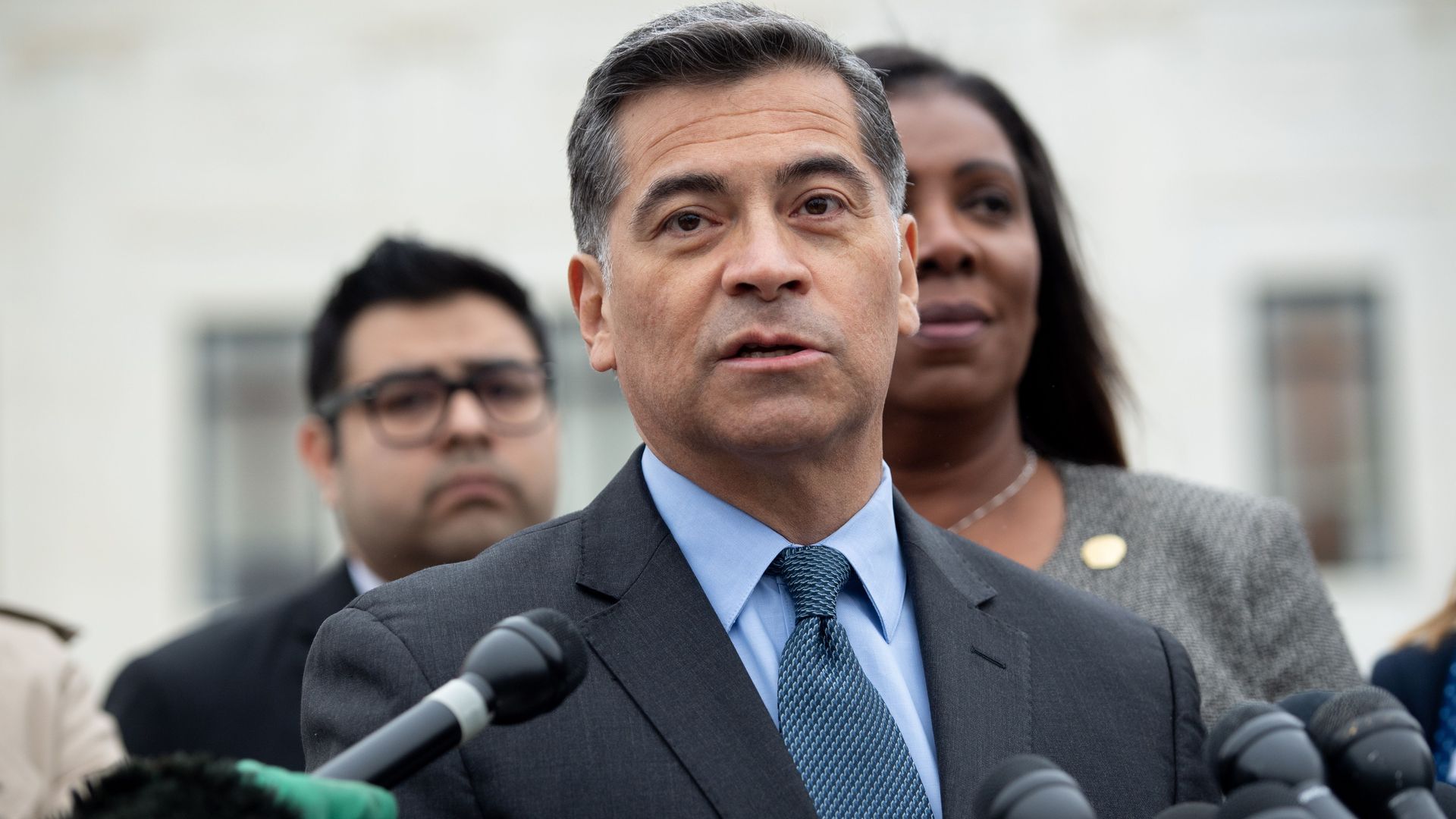| President-elect Joe Biden faces a tough balancing act as he calls for more global action on climate change while also reassuring the world that America is on board for the long haul. Driving the news: World leaders will convene virtually on Saturday to mark the fifth anniversary of the Paris climate agreement, which was agreed to by nearly all countries on Dec. 12, 2015. The intrigue: Although Biden may still recognize the anniversary, he isn't going to be involved in the Dec. 12 summit. "President-elect Biden and his team respect the principle that there is one president at a time," said Ned Price, a spokesperson for the transition team. Much of the world has moved forward despite President Trump's 2017 withdrawal. - Europe has been pushing an aggressive climate policy, and recent comments suggest it may not let America lead like it has in the past.
- "Europe will be at the forefront of brokering ambitious commitments," said European Commission President Ursula von der Leyen in comments last month. "The U.S. is also well placed to support us."
- This fall, China, South Korea and Japan all announced aggressive goals to drastically cut emissions over the next three decades.
- These announcements, critical given that they're coming from energy-hungry Asia, were made in anticipation of a Biden presidency, said one former U.S. diplomat.
What they're saying: "The analysis they were reading was that Biden would win. I think if the analysis had been the other way, you wouldn't have seen these announcements forthcoming," says Jonathan Pershing, who worked on the Paris Agreement under former President Obama. By the numbers: Given the limits of Biden's domestic political agenda, the official U.S. pledge is likely to lean more heavily than ever before on non-federal action, which there's been a lot of over the last four years. - Action by states, cities and private business along with a reengaged federal government could cut U.S. emissions nearly 50% by 2030 compared to 2005 levels, according to a 2019 report by a consortium of environmental groups and former state leaders.
- To be on a steady path to achieve Biden's 2050 goal of a zero-carbon economy, he would need to achieve a cut of 43% by 2030, according to an analysis done by research firm Rhodium Group. That would be a 2.7%–3.3% reduction per year.
Reality check: U.S. emissions have never dropped by that much on a consistent basis. - They're forecast to drop a record 11% this year, purely because the pandemic choked economic activity — not a desirable way to cut emissions.
What we're watching: Don't expect the pledge details when Biden announces he's rejoining the deal, as they will likely be announced later in the year. | 






No comments:
Post a Comment